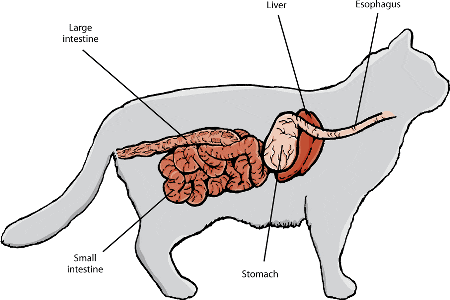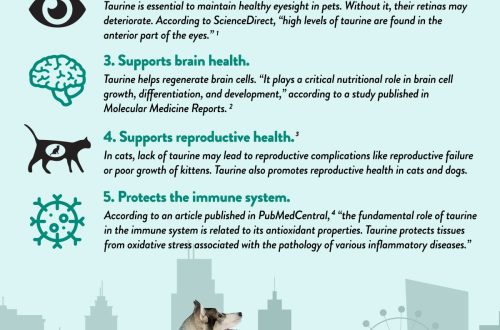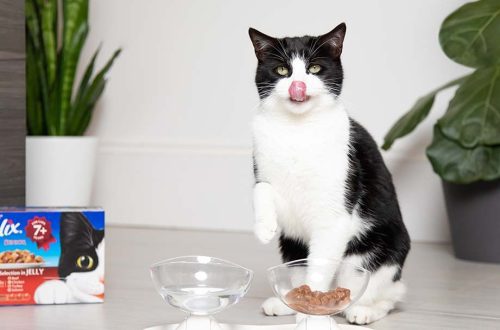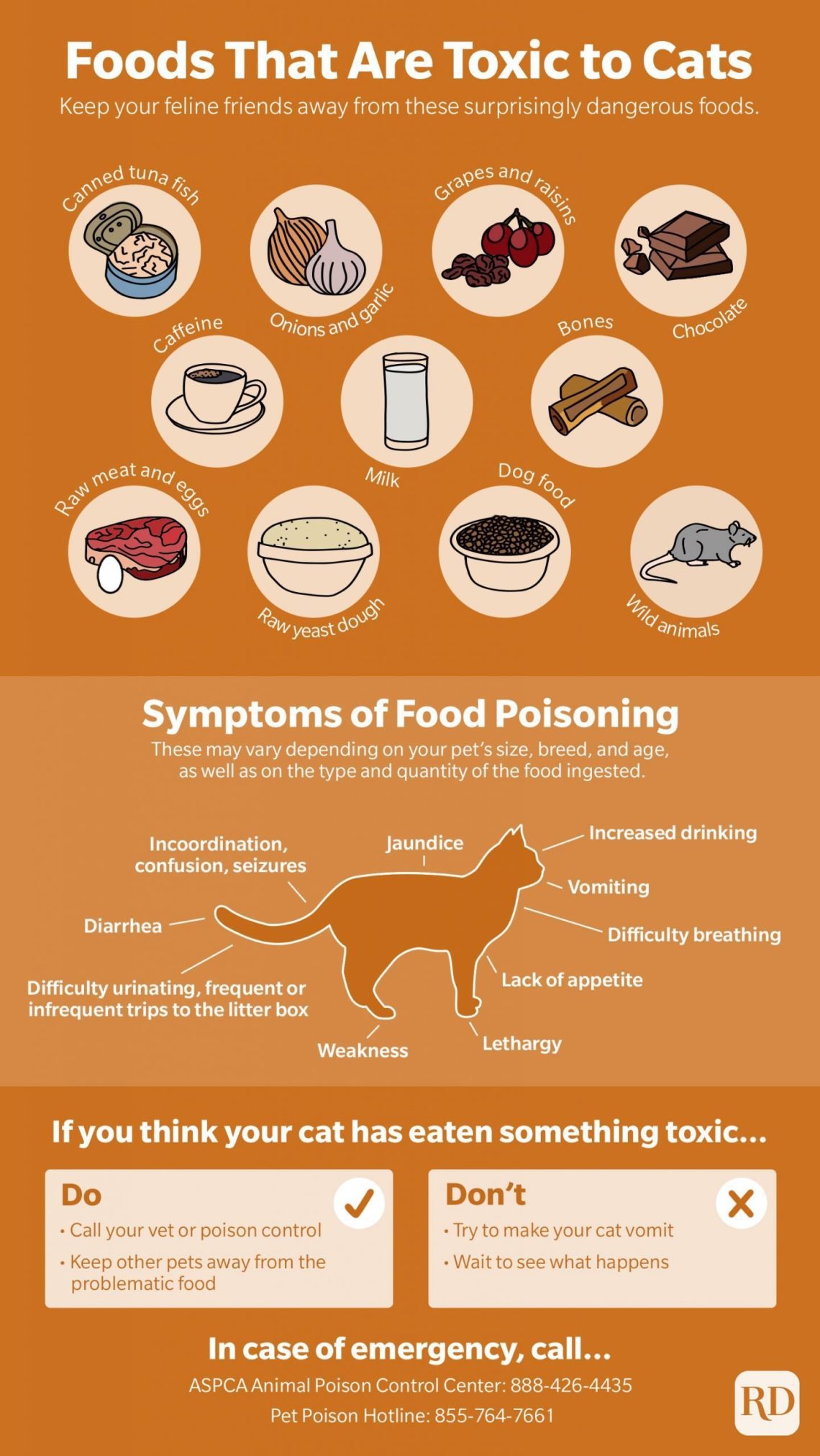
Harmful foods for cats
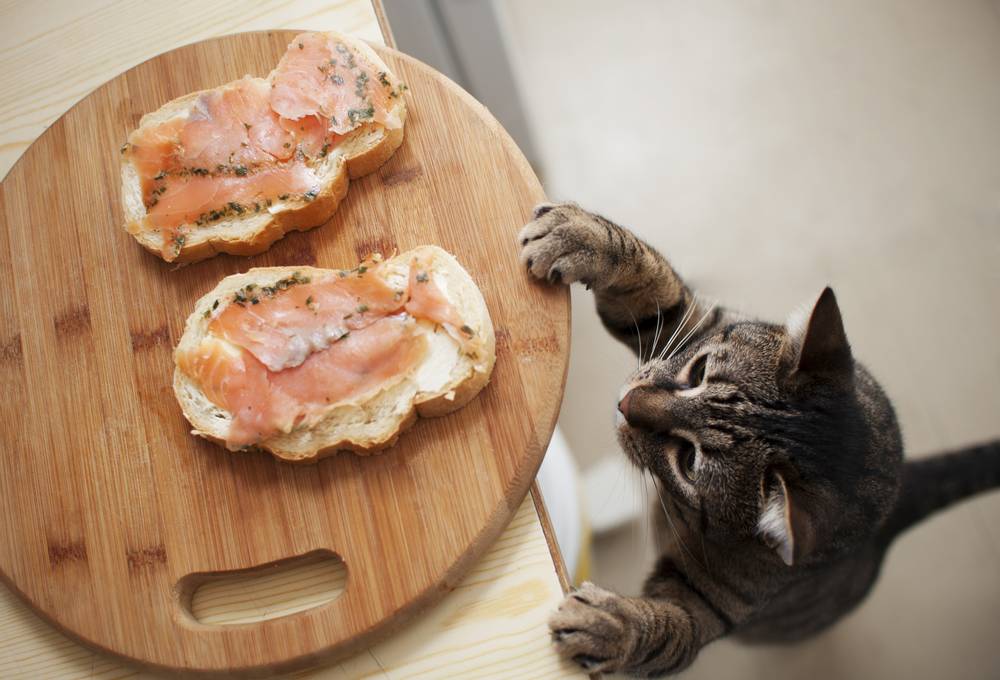
Contents
Why is milk not suitable for cats?
Veterinarians recommend not giving milk to animals. The fact is that the body of a kitten can absorb lactose, but most adult cats do not have enough of the enzyme that is involved in its breakdown. Some pets may be lactose intolerant, and then milk sugar is not absorbed when milk is consumed, and as a result, the cat suffers from diarrhea.
What harm can eggs and meat do to cats?
Cats, like humans, can contract salmonellosis and E. coli after eating raw eggs. In addition, if a cat eats egg white, then it may disrupt the absorption of vitamin B. And this, in turn, has a bad effect on the coat and skin of the cat.
Bones and fatty meat waste can cause digestive problems in a cat: indigestion, vomiting and diarrhea. A pet can swallow a small bone, and this is dangerous by suffocation, as there is an obstruction in the airways. In addition, the organs of the digestive system can be scratched from falling bone or its sharp fragments.
Why chocolate and sweets are not suitable for cats?
It’s hard to believe, but chocolate is toxic to cats, and its consumption can lead to irreversible consequences. The reason is dangerous organic compounds – methylxanthines, which are found in chocolate and adversely affect cat health. Among them are caffeine, which can lead to cat overexcitation and muscle tremors, as well as theobromine, which is completely deadly for cats.
Toxicity of onions and garlic
Onions contain substances that damage red blood cells, thereby causing severe consequences for cats – up to hemolytic anemia. And garlic can cause indigestion in a cat, besides, it also damages red blood cells. Moreover, not only raw, but also fried, boiled and baked garlic and onions are toxic. Make sure that these foods do not fall into the menu of your cat. In case of problems, contact your veterinarian.
Why are grapes and raisins dangerous for cats?
The fact that grapes and raisins are a real poison for all pets has already been proven: studies show that these foods are toxic and can cause kidney problems and vomiting in cats. However, it is still unknown which substances cause such a reaction.
What else can not feed cats?
Even a small piece of dough should not be given to cats, as the animal’s stomach is an ideal environment for yeast to multiply. The dough can expand inside, which will reduce blood flow to the stomach. This can cause digestive problems and breathing difficulties. In addition to diarrhea and vomiting, the dough can cause intestinal volvulus in the animal.
It is also not recommended to give cats food such foods as:
nuts, due to which the development of pancreatitis is possible;
alcohol that affects the nervous system of a cat;
salt and salinity, poisoning them causes convulsions, vomiting, and sometimes death.
7 2017 June
Updated: December 26, 2017



